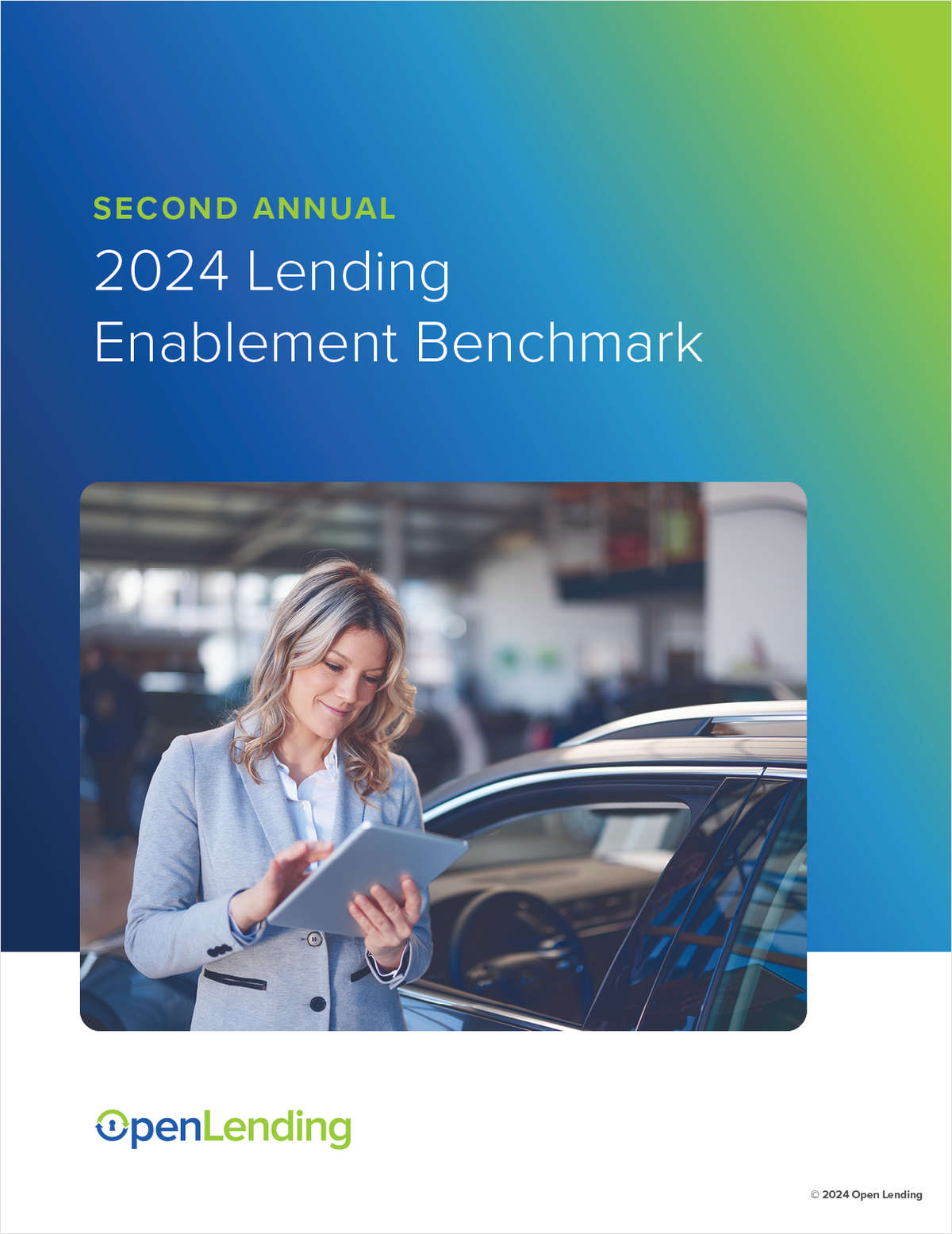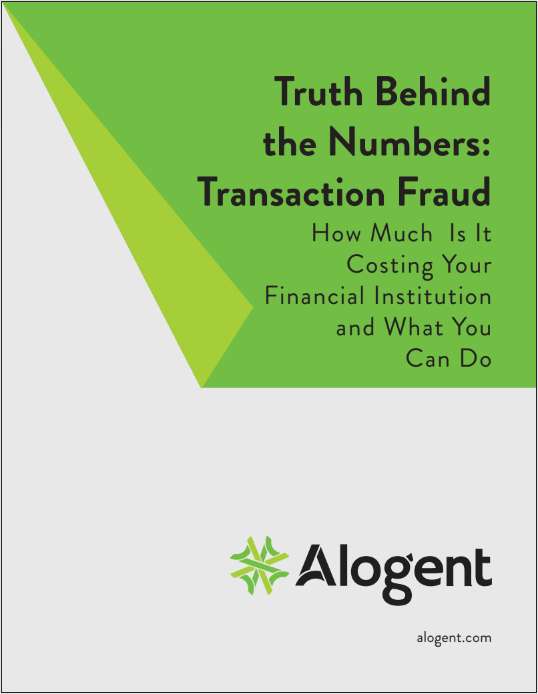WASHINGTON-U.S. District Court Judge Henry H. Kennedy Jr. ruled that NAFCU and CUNA can not provide any unique information to aid the court in making its decision in the suit filed by the National Community Reinvestment Coalition challenging NCUA's process in repealing the Community Action Plan. The court found, "An amicus curiae is "defined as friend of the court.".As such, an amicus curiae "does not represent the parties but participates only for the benefit of the [c]ourt.".Accordingly, "it is solely within the discretion of the [c]ourt to determine the fact, extent, and manner of participation by the amicus." Judge Kennedy decided to follow the NCRC-suggested Georgia v. Ashcroft standard, which takes a three-pronged approach: Is the party represented competently? Does the amicus have an interest in another case that stands to be affected by this case? Does the amicus have unique information or perspective to help the court beyond the parties' lawyers? CUNA and NAFCU latched onto the final question, to which the judge replied, "Although the perspective of CUNA and NAFCU, as trade associations for credit unions, differs from that of NCUA itself, such differences are not pertinent to the issue they seek to address-namely, the appropriateness of NCUA's actions under the [Administrative Procedure Act]. Movants' only professed interests relevant to this issue is their interest in ensuring "fair, open and vigorous rulemaking by NCUA in compliance with the Administrative Procedure Act.".In this regard, movants' perspective will not yield new information or arguments that differ from the information and arguments offered by NCUA itself." According to CUNA General Counsel Eric Richard, even though the two credit union trades did not win the motion, they did create new law since filing an amicus curiae brief at the district court level had not previously occurred. Typically, `friend-of-the-court' briefs, are filed at the appellate level. NAFCU Senior Vice President and General Counsel Bill Donovan commented, "We certainly respect and accept Judge Kennedy's decision. We do feel as if we represent a unique perspective on the case since we represent the credit union that would have to comply with the Community Action Plan if it were to become effective." Richard agreed, "I think we would have had a difference in emphasis." He added that he did not think this would have any bearing on the court's final decision, but noted that it is always better to have more control over what is going on in the courtroom. NCUA repealed the CAP in December 2001 by a 2-1 vote with an interim final rule after three hours of arguments made by CAP sponsor then-NCUA Board Member Yolanda Wheat. NCUA Chairman Dennis Dollar and then-Board Member Geoff Bacino voted in favor of the repeal and following the installation of NCUA Board Members JoAnn Johnson and Deborah Matz, a final rule was approved 2-0 with Matz abstaining. The CAP would have required community chartered credit unions to submit a plan to NCUA on exactly how it intended to serve every segment of its community. NCRC has charged that NCUA did not allow for a public comment period prior to the interim final rule, in violation of the APA, even though a 60-day comment period was provided following the interim final rule and before the final rule was approved. Most of the comments that came in from credit unions-at this point and during previous comment periods on the matter-were in opposition to the CAP. The judge did not release any type of timeline for the remainder of the proceedings in the NCRC lawsuit, which has dragged on for 18 months now. "This is the first concrete thing that that's happened since it began," Richard observed. -
Complete your profile to continue reading and get FREE access to CUTimes.com, part of your ALM digital membership.
Your access to unlimited CUTimes.com content isn’t changing.
Once you are an ALM digital member, you’ll receive:
- Critical CUTimes.com information including comprehensive product and service provider listings via the Marketplace Directory, CU Careers, resources from industry leaders, webcasts, and breaking news, analysis and more with our informative Newsletters.
- Exclusive discounts on ALM and CU Times events.
- Access to other award-winning ALM websites including Law.com and GlobeSt.com.
Already have an account? Sign In
© 2024 ALM Global, LLC, All Rights Reserved. Request academic re-use from www.copyright.com. All other uses, submit a request to [email protected]. For more information visit Asset & Logo Licensing.









